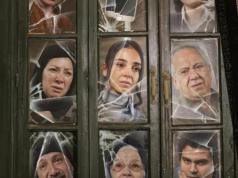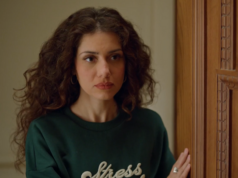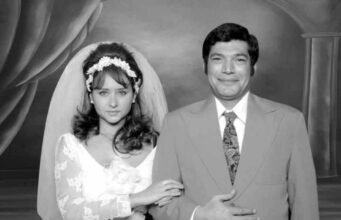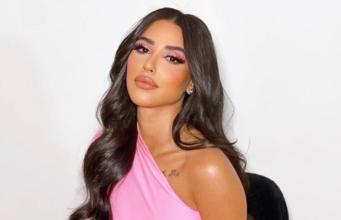Recently the internet has been a terrifying landscape. This is obviously not unusual considering we all know exactly what’s happening on the internet.
However, we’ve recently come across an “interesting” Facebook comment, presented for you now.


So, now you see that the only interesting thing about this comment is its stupidity.
It’s not exactly unusual. While we may unanimously praise Asmaa Abulyazied now, how long will it take us before we turn on her and start bullying her like we did Dina El-Sherbiny?
We’re pretty sure she hasn’t forgotten being mocked for being dark, ‘not even clear on camera’, and not conventionally (read: light-skinned) pretty.




This is not to say that actresses are above criticism. They should be as critiqued as anyone, however what does calling someone ‘dark and ashy’ or a ‘sel3awa’ have to do with critique?
This made me wonder, though. Why do Egyptians consider dark skin a bad thing?


Let’s State the Obvious and Everything Else
Okay, so we all know the answer to that one. We’re a society of colorist cowards, so it makes relative sense.
We’re not here to discuss relativity, though.
Most societies of non-white populations have this same disease we do. Colorism isn’t exactly a new thing for us, but most of us are unaware of that bias.

So, What’s Colorism?
Colorism is a sub-section of the bias against dark skin that’s pretty much bizarre in its conception.
You see, colorism is when a person rates people who aren’t white according to their skin-tone and the lighter the person is the better.


People with lighter skin-tones are thought to be smarter, prettier, cleaner, and just better at everything. On the other hand, people with darker skin-tones are thought to be the absolute opposite. They’re less smart, less clean, less likable, and “ugly“.
Sounds a bit familiar right about now, correct?
Old Habits Just Won’t Die
The worst thing about colorism is that it’s not limited to white racists or people in the “countries out there“. Sadly, we have it in spades here.
For people who aren’t pale, we’ve all grown up with our parents telling us to stay out of the sun to not get darker. We’re told that we got burnt like toast when we’re back from spending too much time in the sun anyway.
We’re also told things like “being dark is being half-pretty but being white is simply being pretty“. Things like “yeah, I like darker people“, as if that’s just the validation we need.


Now that we’ve grown up, though, we’re starting to recognize this pattern and trying to stop it. We’re also trying to put in some self-confidence to kids we just know are going through the same things.
This is treated by the population as anger sometimes. Other times, it’s treated as jealousy. Both accounts have zero ring of truth.
Why We Should Seriously Drop This
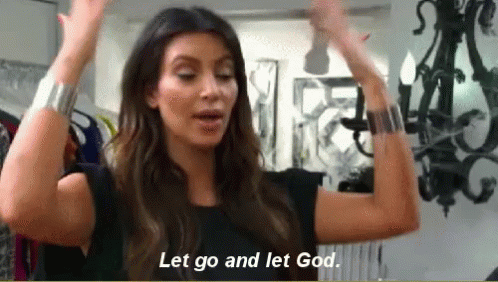

The first argument is that embracing darker skin-tones means that we’re invalidating pale people and we’re making them feel insecure. Yes, somehow that became a thing.
This is not to say that pale Egyptians don’t get bullied for their skin-tones. They do. In Europe, where they’re much darker and ‘other‘ compared to the white people.
Telling people to not embrace themselves is telling them to pretend like everything is okay just because we all grew up now. It does nothing to improve the situation.
This is a discussion we need to have, even if it makes people uncomfortable. People feel uncomfortable discussing many horrible things, but it doesn’t mean we turn the other cheek all the time.
The other argument is that the arguers are jealous, because of course everyone wants to be the palest person in the room. Please note the sarcasm.
Rendering everything to jealousy is honestly the easiest way in an argument, but it’s also plain childish. Not to mention that you’re basically saying someone’s feelings of valid anger are worthless.
One Easy Step to Tone Down the Insensitivity
We won’t solve colorism in a day and an article, not that this needed saying. However, there are ways we can start working on our prejudices and toning them down.
The first step (the only step, really) is to think. Not about how you would feel if you were in the other person’s shoes. Just about that person. Then think about how that is inherently insensitive.
Every time you want to say something along the lines of “burnt” anything or something about not seeing a person in the dark, maybe don’t.
Consider that maybe a person’s emotions are more important than getting that one “ha ha” and few smirks.







